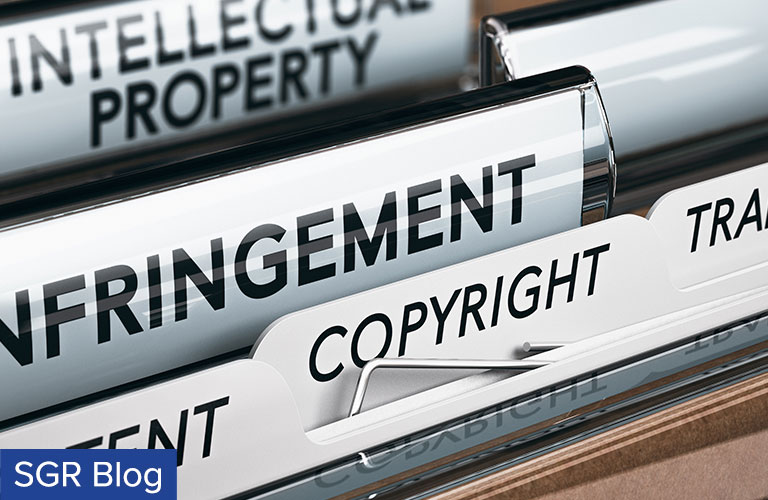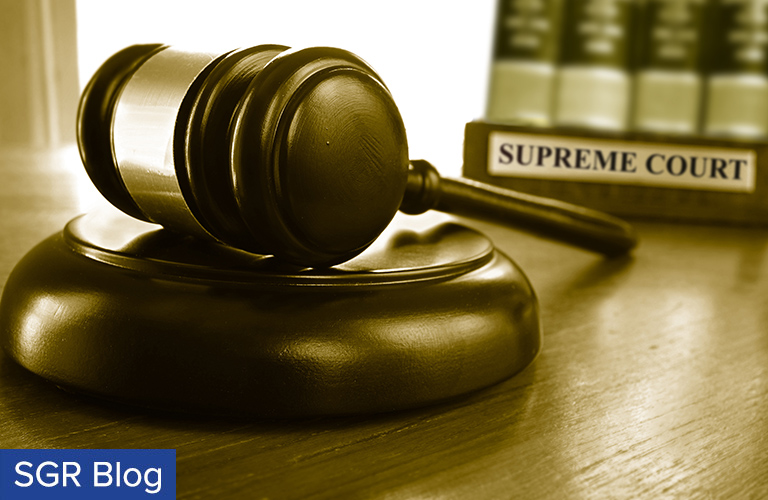
Patagonia Inc., an outdoor apparel company known for its commitment to conservation efforts, filed suit on Monday against a Colorado-based retailer for trademark and copyright infringement claims over its pro-oil and gas industry “Petrogonia” apparel. Patagonia alleges that OC Media LLC is selling apparel with a logo that closely mimics Patagonia’s mountain silhouette logo. OC Media has replaced the mountain silhouette imagery with oil field imagery: specifically, machinery associated with oil wells. The word “Petrogonia” also appears on the clothing in a font nearly identical to Patagonia’s word trademark. According to the complaint, which was filed in California federal court,… Read more







